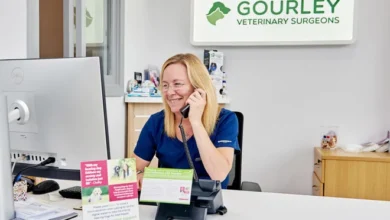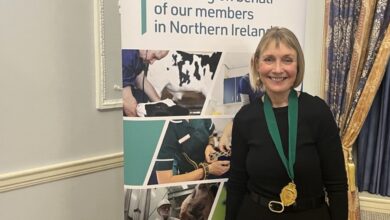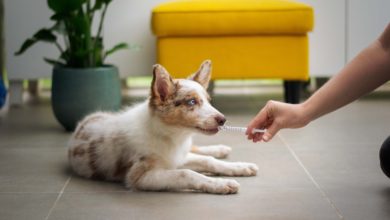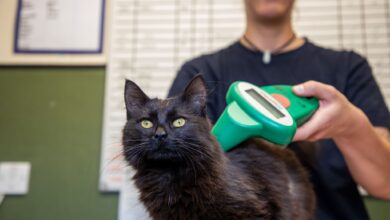RVC: Diabetes remission research progress
Ruth Gostelow, Lecturer in Small Animal Internal Medicine, discusses how the latest feline diabetes trial at the Royal Veterinary College (RVC) is reversing diabetes in many recruited cats.
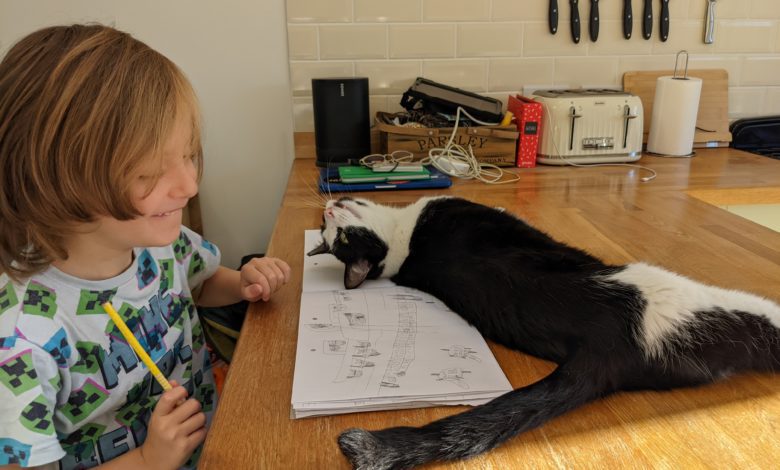
Diabetes mellitus (DM) is a common disease among domestic cats and is estimated to affect 1 in 200 cats in the UK. Although this prevalence might not seem overwhelming, diabetic cats require daily insulin treatment and frequent consultation by veterinary surgeons and so managing diabetic cats accounts for a substantial amount of time within veterinary practices.


